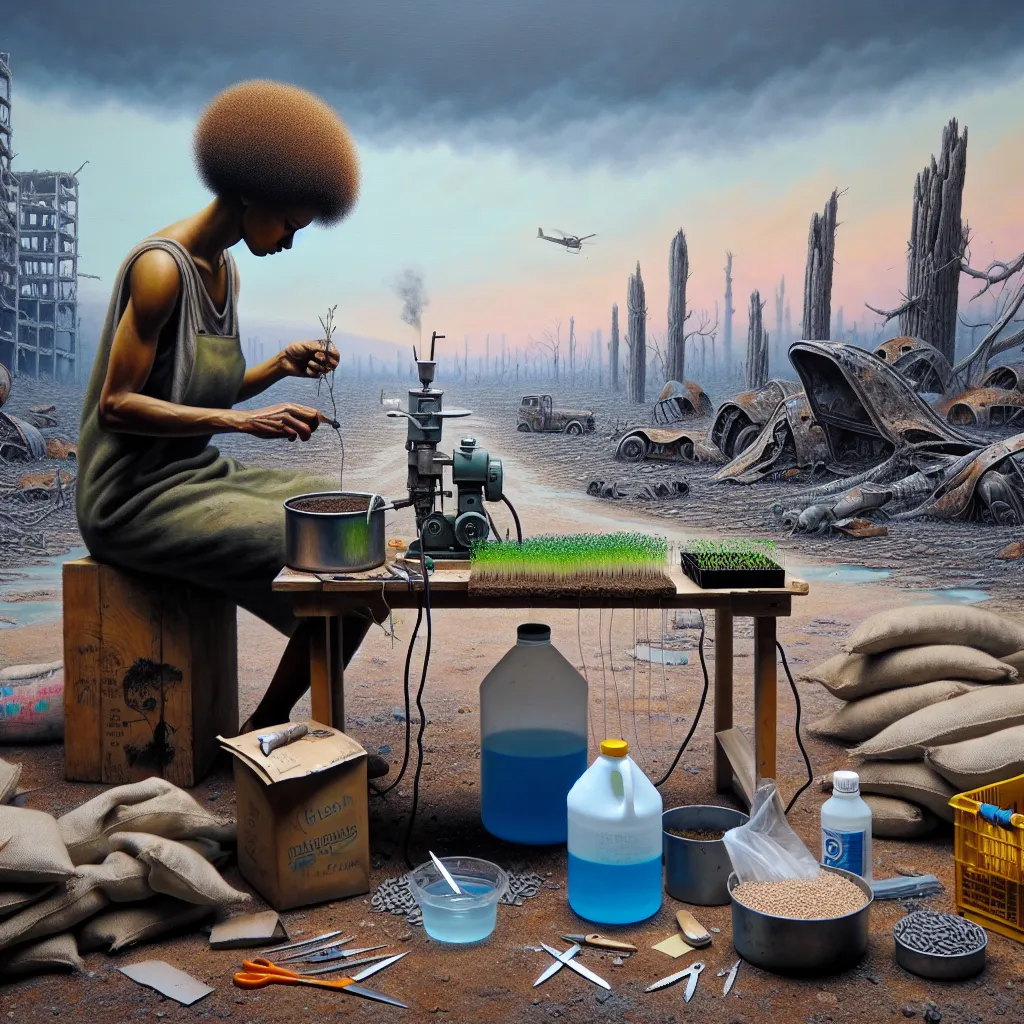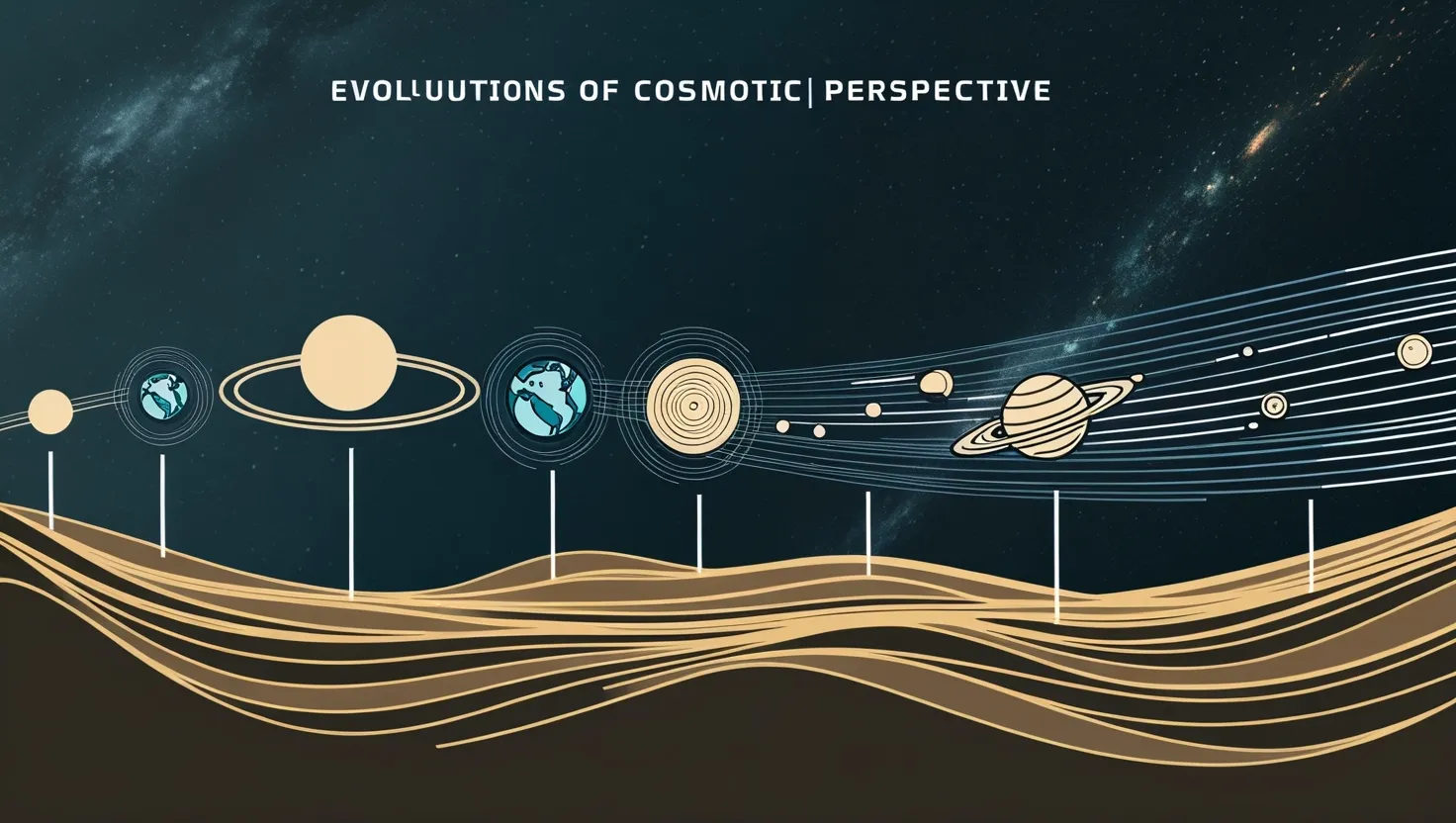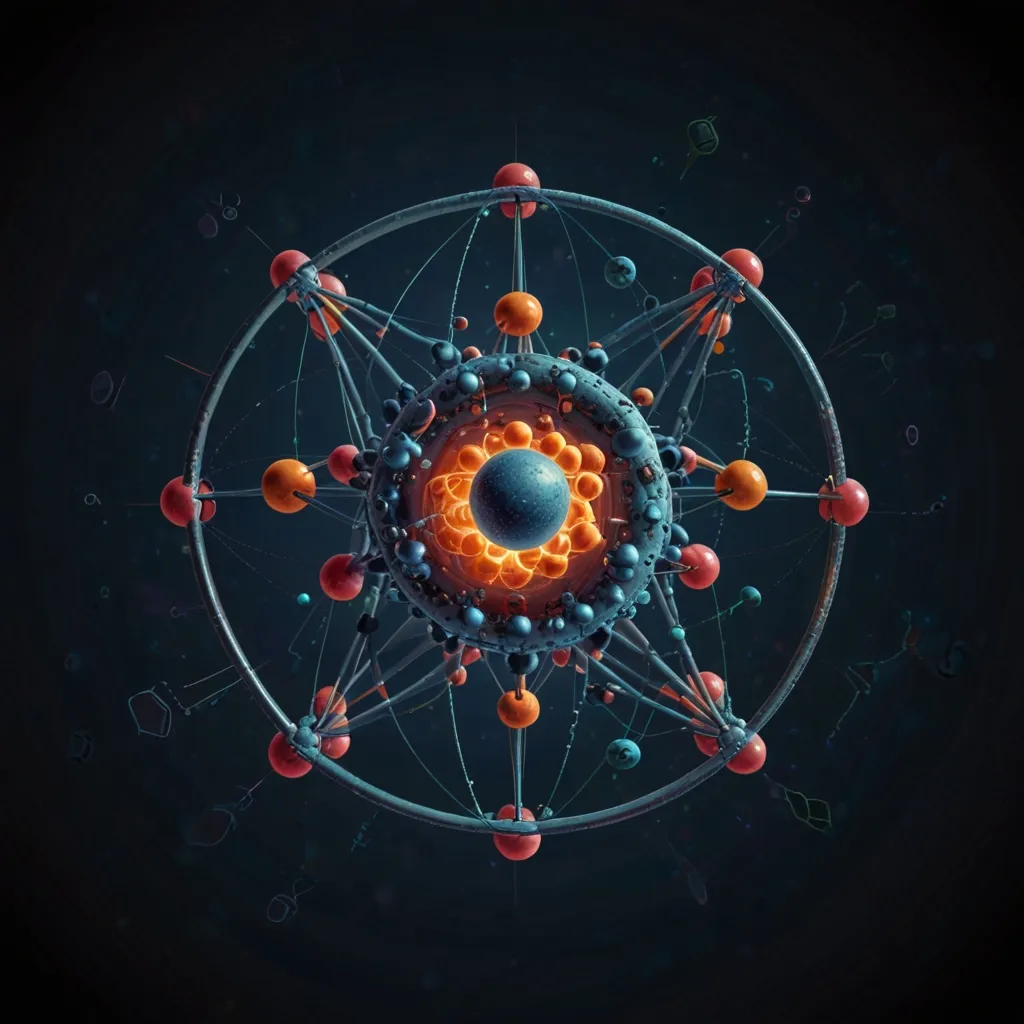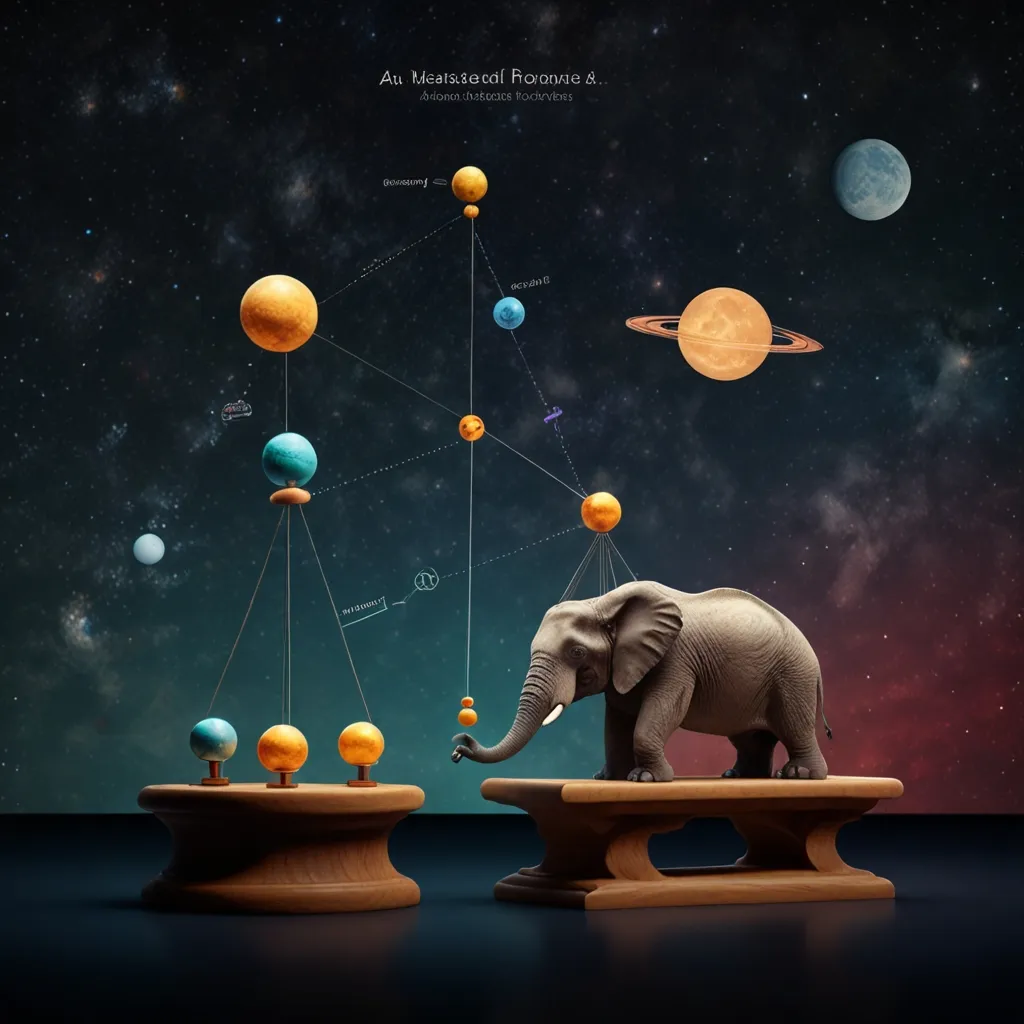Back in 2013, a group of researchers conducted a math test with more than 1,100 American adults. The test included tricky questions designed to see how well participants could analyze data. Among these problems were two almost identical ones. One asked about the link between rashes and a new skin cream, and the other about the link between crime rates and gun control laws. Both questions had one correct answer, but respondents showed different levels of success depending on the topic.
Those with strong math skills nailed the skin cream question but struggled with the gun control one. This wasn’t due to a lack of math ability; instead, political beliefs skewed their objectivity. Even top mathematicians were 45% more likely to get the gun control question wrong if the correct answer clashed with their politics.
So, why does politics trigger such logical slip-ups? It boils down to partisanship. This strong preference or bias for a particular group or idea impacts more than our political views; it shapes our understanding of the world. We naturally want to defend our group identities because they’re linked to our sense of self and community. But when these beliefs conflict with reality, it creates cognitive dissonance—a mental disharmony that we try hard to resolve. This might mean dismissing facts that contradict our group’s stance or blaming someone else for the problem.
In politics, this behavior can be particularly harmful. People might ignore evidence that doesn’t fit their party’s narrative, leading to flawed policies and a distorted sense of reality. Although political identities have long been around, partisan polarization has surged recently. This might be due to people clustering in like-minded communities or consuming news that only reinforces their views.
Luckily, cognitive scientists suggest ways to fight this bias. Acknowledging your own potential for bias is a good start. When you come across new information, try to analyze it instead of going with your gut reaction. Within your circles, encourage fact-checking and questioning assumptions. Alerting people to potential misinformation can also be helpful. And if you’re trying to change someone’s mind, framing your argument in a way that resonates with their values can make them more open to new ideas.
While these strategies won’t eliminate partisanship overnight, they can help us stay better informed and make decisions based on evidence. The journey is long, but these tools can guide us towards a more objective understanding of our shared reality.






